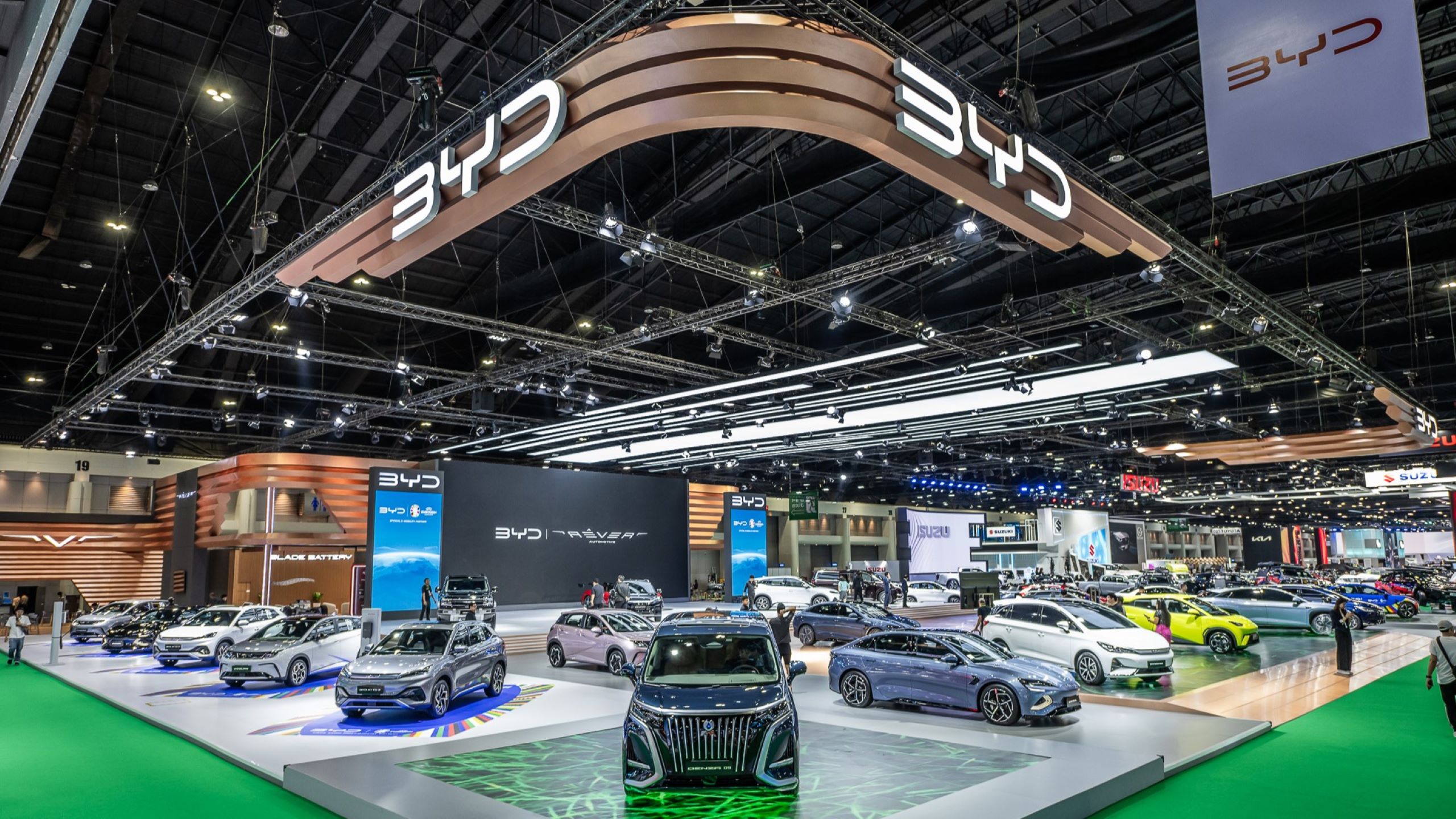

We’re already halfway through 2024, but by 2030, at least a third of vehicles sold globally are expected to wear the badge of a Chinese brand. Referencing a report from consulting firm AlixPartners, Automotive News says that individual market penetration will double in Europe and Russia, triple in South and Southeast Asia, and nearly quadruple in the Middle East and Africa. In North America, Chinese brands will command 20% of the Mexican market.
But America! Trade policies! Tariffs! Well, those only apply to made-in-China stuff as a way to protect domestic production. But any blockades—financially and figuratively—are merely efforts to buy time.

Chinese automakers have been transparent about their manufacturing plans outside of their home base. This includes battery-electric vehicle production and assembly plants in Mexico for BYD, Chery, and Great Wall. BYD and Great Wall will also add production facilities in Brazil and Europe. Chery, Geely, LeapMotor, and SAIC MG plan to build in Europe as well.
There goes the market.
The United States-Mexico-Canada Agreement (USMCA), which replaced the North American Free Trade Agreement (NAFTA) in 2020, aims to bolster and protect homegrown businesses and goods through increased local production and free trade. If “Made in China” tags now read “Made in Mexico,” those earlier tariffs won’t mean a thing. But will consumers care, especially given China’s history of forced labor and shunning environmental protections?
If a brand-new BYD Seagull EV costs less than $11,000 versus the U.S. EV average of more than $50,000, new-car buyers might turn a blind eye. Government subsidies allow Chinese OEMs to offer these rock-bottom prices. And when a “value meal” at McDonald’s now costs 20 bucks, people will more often than not prefer food and financial freedom over struggle meals and debt.
Time is racing toward us, but maybe it’s not such a terrible idea. If Chinese automakers want to build here, let them. They’ll have to follow our labor laws, for one thing. We definitely won’t have kids working in plants—well, hopefully. And if it means more choice and freedom (and competition) in the car-buying space, so be it.